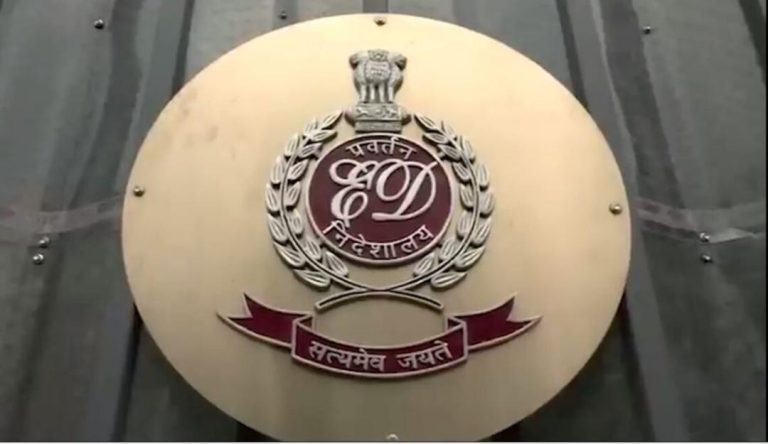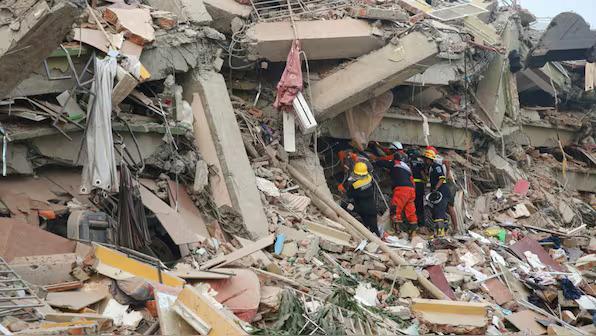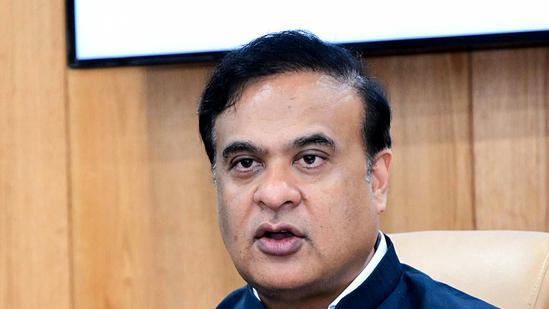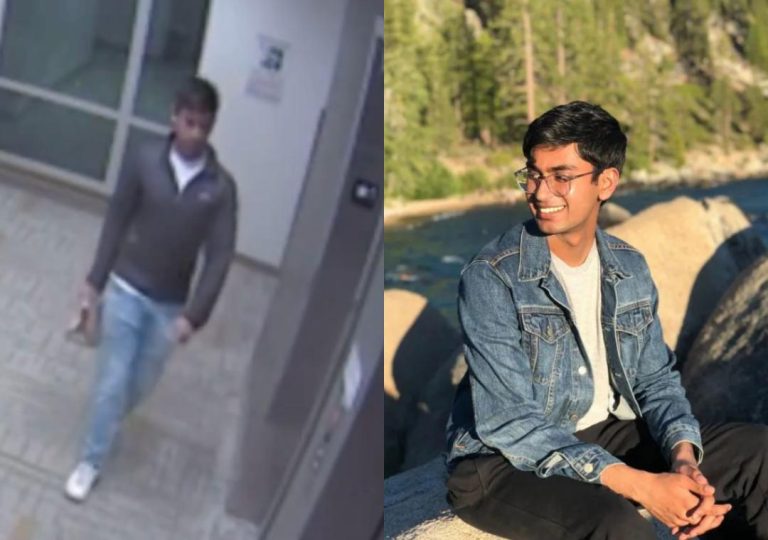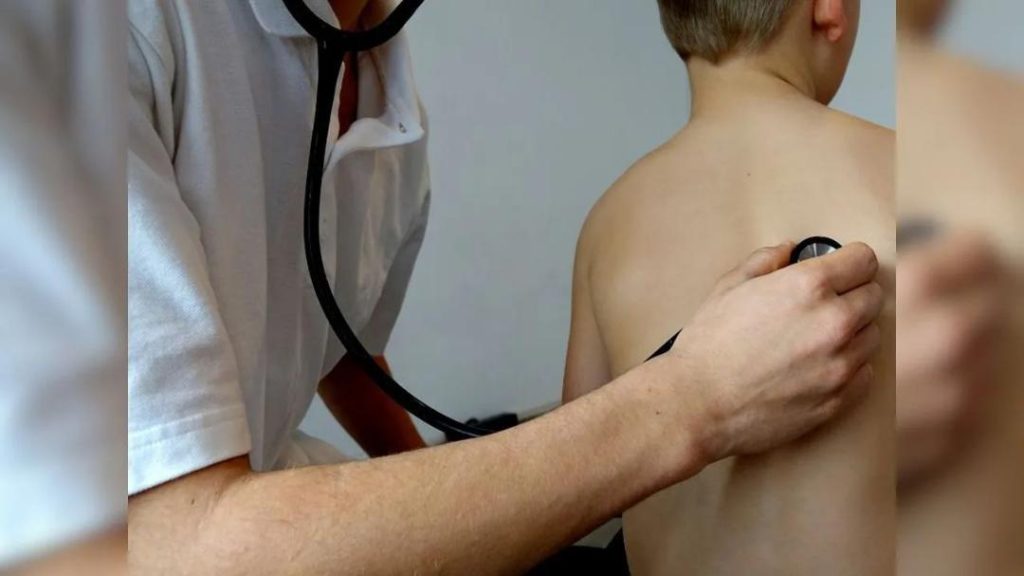
Karnataka Seeks Corporate Aid for Treating Kids with Rare Diseases
The Karnataka government is taking a bold step to ensure that children with ultra-rare genetic disorders receive timely and effective treatment, despite the exorbitant costs involved. The state’s Medical Education Department is actively seeking corporate support to cover the high treatment costs for children diagnosed with Lysosomal Storage Disorders (LSDs).
According to the department, the annual treatment costs for these children can range from ₹50 lakh to over ₹1 crore per child. This is a significant challenge, as these diseases are often characterized by a lack of effective treatments and a high risk of complications. The department is therefore relying on corporate partnerships to bridge the financial gap and provide these children with the best possible care.
The initiative is being led by Dr. Sharan Prakash Patil, the Minister of Medical Education, who is committed to ensuring that no child is denied treatment due to financial constraints. “We understand the financial burden that these treatments can place on families, and we are working to identify potential partners who can help us provide timely and effective care for these children,” said Dr. Patil.
Lysosomal Storage Disorders are a group of genetic disorders that affect the body’s ability to break down and recycle cellular waste products. They are characterized by the accumulation of toxic substances in the body’s cells, leading to a range of symptoms including developmental delays, physical disabilities, and organ damage.
There are over 50 different types of LSDs, each with its own unique set of symptoms and treatment challenges. Some of the most common forms of LSDs include Mucopolysaccharidosis, Fabry Disease, and Pompe Disease.
Treatment for LSDs typically involves a combination of enzyme replacement therapy, bone marrow transplantation, and supportive care. However, these treatments are often expensive and may not be accessible to families who cannot afford them.
The Karnataka government’s initiative is designed to address this issue by partnering with corporate organizations to provide financial support for treatment. The department is working closely with companies that have a track record of supporting social causes and have a strong commitment to giving back to the community.
“We are seeking partnerships with companies that share our commitment to providing access to healthcare for all,” said Dr. Patil. “We believe that by working together, we can make a real difference in the lives of these children and provide them with the treatment they need to thrive.”
The government is also working to establish a network of specialists and healthcare providers who can provide treatment for LSDs. This will ensure that children with these conditions have access to the best possible care, regardless of their location.
In addition to providing financial support, the government is also working to raise awareness about LSDs and the importance of early diagnosis and treatment. This includes launching public awareness campaigns, providing educational materials to healthcare providers, and supporting research into the causes and treatment of these conditions.
The initiative is a significant step forward for the state, which has a reputation for being at the forefront of medical research and innovation. By partnering with corporate organizations, the government is demonstrating its commitment to providing access to healthcare for all, regardless of financial circumstances.
As the government continues to work towards its goal of providing timely and effective treatment for children with ultra-rare genetic disorders, it is clear that the support of corporate partners will be crucial. By working together, the government and corporate organizations can make a real difference in the lives of these children and provide them with the best possible chance of a healthy and happy life.
